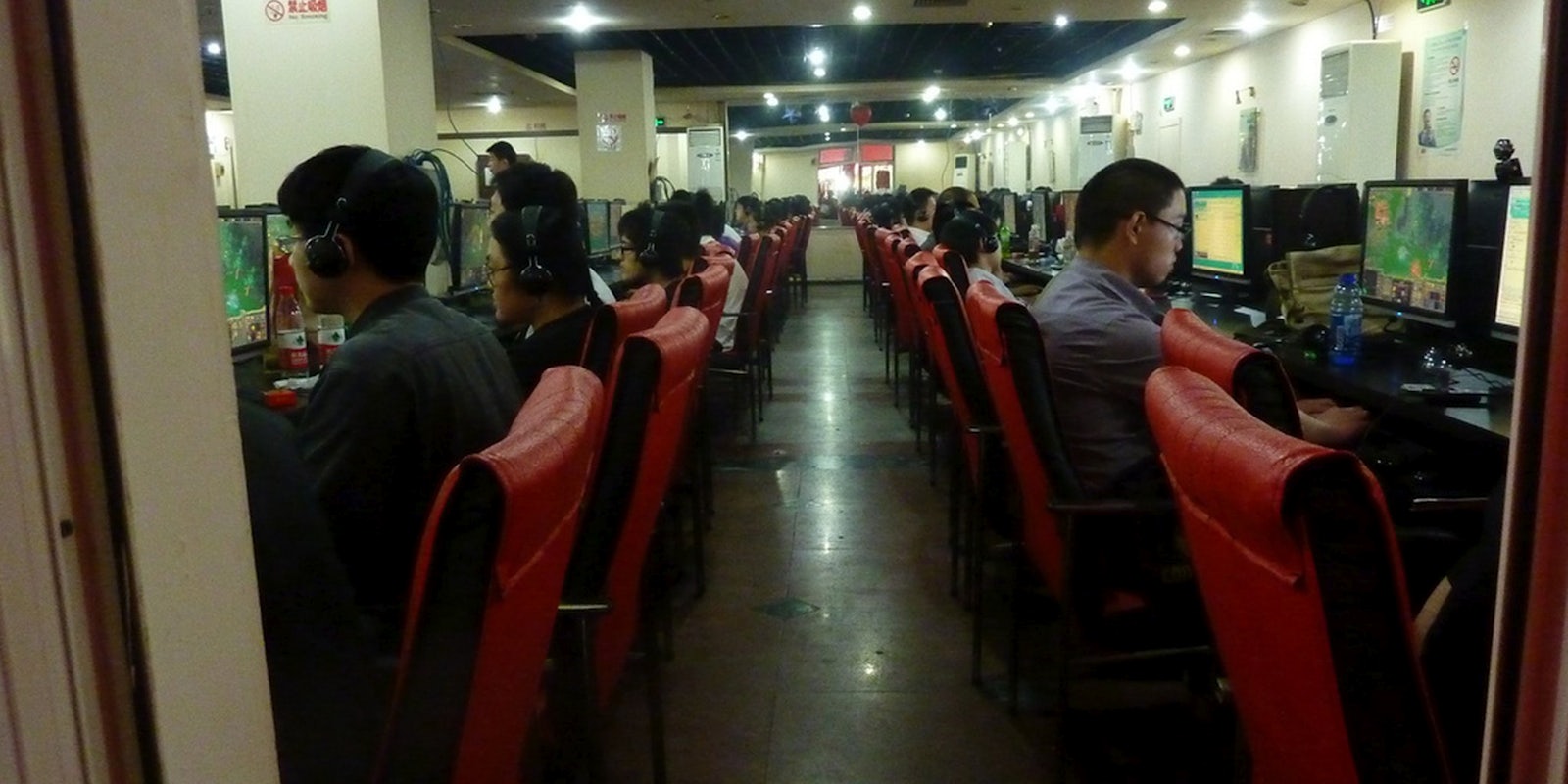In Beijing, you better watch what you Weibo.
Sina Weibo, the country’s Twitter-like microbloging service launched a trial run of its government-mandated real-name registration policy today. The trial only affects Beijing residents, but will soon expand to other cities.
More than 19 million people have already handed over their identities to the company.
Pressure on the freewheeling service had been building since at least as early as Oct., 2011, when the government hinted that they would start cracking down on harmful Internet rumors. Officially, they were referring to rumors like the one about Kim Jong-un’s assassination, which swept both the Chinese and English-speaking Web in February.
There’s an implicit threat, of course: a harmful rumor can just as easily turn out to be the uncomfortable truth, such as allegations that official graft and corruption led to a train derailment that killed 39 people in July, 2011. The service already blocks at least 384 words or phrases government censors find offensive.
In early March Weibo estimated that about 60 percent of its 260 million users would sign up for the real name service. Put another way, that means 40 percent of Weibo users will leave as the policy rolls out across China.
“Definitely, I will not use Weibo if they need real names,” Wang Yong, a Weibo user, told Reuters. “I don’t want to be supervised because of my words.”
As on Twitter, the most popular Weibo users tend to be celebrities. The new policy should help prop up those accounts even more, as ordinary Chinese back away from private, candid conversations.
As Chinese historian Zhang Ming wrote on his own Weibo recently (translated by The World of Chinese magazine): “The goal of Sina Weibo is to set up a merry stage for the rich and the famous… a stage as such has no vitality.”
He added: “The new regulations are a slow death for microblogs, or they will change them into something harmless that offers nothing other than entertainment.”
Shallow entertainment buoyed by an underlying fear of censorship. Sounds like just the kind of public square an authoritarian regime would hope for.
Photo by Ms Jackson


